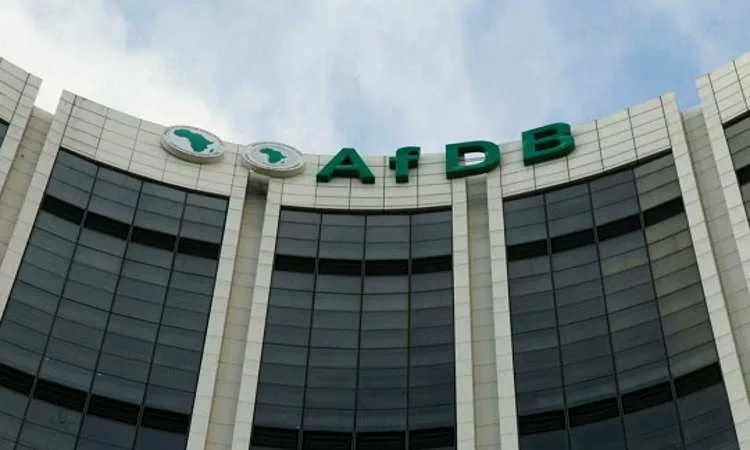On Monday, legislators from across Africa gathered in Abuja to devise collaborative measures aimed at halting the continent’s staggering annual financial outflow of $587 billion, a figure highlighted by the African Development Bank (AfDB) earlier this year.
This meeting coincides with Nigeria’s National Assembly reaffirming its dedication to launching the National Assembly Budget and Research Office (NABRO), an autonomous and impartial budgetary institution modeled after the United States Congressional Budget Office (CBO), intended to enhance data-driven fiscal planning.
The critical need to address the massive capital flight-estimated at around ₦887 trillion-was a central theme at the opening of the 8th Conference of the African Network of Parliamentary Budget Offices (AN-PBO) held in Abuja.
In his keynote speech, Hon. Tajudeen Abbas, Speaker of the House of Representatives, underscored the imperative for African lawmakers to tackle the continent’s fiscal and governance hurdles through robust and transparent legislation.
He highlighted that the persistent loss of revenue, largely fueled by corruption, illicit financial flows, and systemic inefficiencies, demands intensified budgetary oversight and rigorous scrutiny.
“The African Development Bank reports that Africa hemorrhages over $587 billion annually due to capital flight-funds escaping through corruption, illicit trade, transfer mispricing, and profit shifting by multinational enterprises,” Abbas explained.
“Corruption alone drains approximately $148 billion each year, while other illegal financial activities such as smuggling and trade fraud divert tens of billions more. These resources could be transforming infrastructure in Lagos, upgrading healthcare facilities in Nairobi, or enhancing educational institutions in Accra, yet they simply disappear.”
He pointed to Nigeria as a stark illustration of the magnitude of these challenges and the pressing necessity for reform.
“In Nigeria’s public procurement sector, which constitutes a large share of government expenditure, an estimated billion is lost annually to financial malpractices-equivalent to about 3.8% of our GDP. These funds could significantly bolster social welfare initiatives,” Abbas noted.
He stressed that such fiscal leakages severely weaken government program effectiveness and must be curtailed to improve public service delivery.
“To combat this, we are intensifying oversight hearings, conducting thorough audit investigations, and reinforcing anti-corruption laws. Vigilant oversight is crucial to ensure that scarce resources are allocated for the public’s benefit,” he affirmed.
Abbas also drew attention to the limited institutional capacity within many African parliaments, which restricts their ability to rigorously examine budgets and track public spending.
“Legislators require access to reliable fiscal data and independent economic assessments to hold the executive branch accountable on complex issues like debt management and investment effectiveness,” he said.
This gap, he explained, is precisely what Parliamentary Budget Offices (PBOs) are designed to address.
He revealed that Nigeria is actively pursuing reforms to empower the legislature’s fiscal oversight role and enhance transparency in public financial management.
“A landmark development is the establishment of NABRO as an independent, non-partisan entity dedicated to supporting our legislative functions,” Abbas stated.
“I want to assure all stakeholders that the National Assembly is fully committed to ensuring NABRO’s operational independence, adequate funding, and full functionality,” he added.
Beyond NABRO, the Nigerian legislature is advancing a comprehensive fiscal governance reform agenda. “We are updating our Fiscal Responsibility and Finance Acts to strengthen budget discipline and transparency, while also empowering Public Accounts Committees to act decisively on audit reports,” Abbas elaborated.
Earlier, Barrister Kamoru Ogunlana, Clerk to the National Assembly, described the conference as a vital forum for knowledge exchange and capacity enhancement, aimed at embedding evidence-based public financial management practices.
“I urge all participants to leverage this gathering not only for dialogue but as a catalyst for innovation and renewed dedication to fiscal accountability,” he encouraged.
The conference brought together delegates from 16 African nations, including Nigeria, Ghana, Kenya, Uganda, South Africa, Tanzania, Namibia, Zimbabwe, Malawi, Mozambique, Liberia, The Gambia, Sierra Leone, and Cape Verde, among others.






















